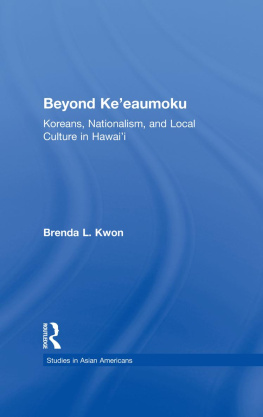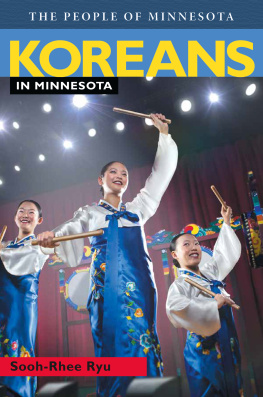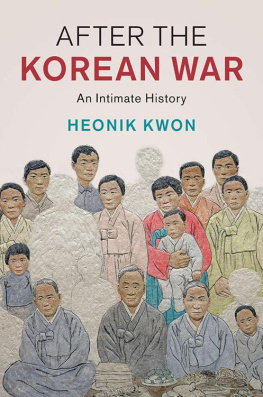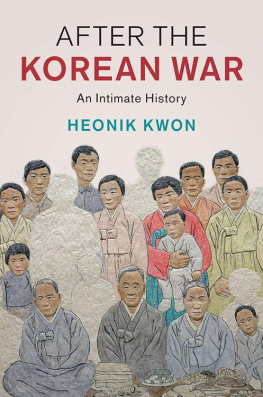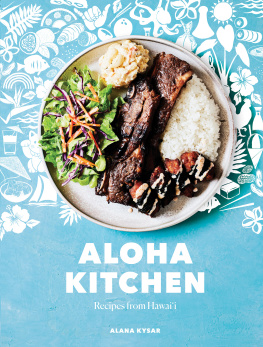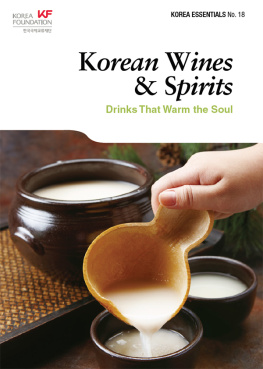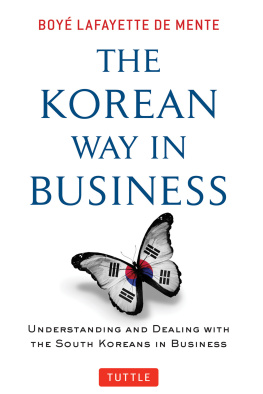ASIAN
AMERICANS
RECONCEPTUALIZING CULTURE,
HISTORY, POLITICS
edited by
FRANKLIN NG
CALIFORNIA STATE UNIVERSITY,
FRESNO
Asian Americans: Reconceptualizing Culture, History, Politics
Franklin Ng, series editor
The Political Participation of Asian Americans: Voting Behavior in Southern California
Pei-te Lien
The Sikh Diaspora: Tradition and Change in an Immigrant Community
Michael Angelo
Claiming Chinese Identity
Elionne L.W. Belden
Transnational Aspects of Iu-Mien Refugee Identity
Jeffery L. MacDonald
Caring for Cambodian Americans: A Multidisciplinary Resource for the Helping Professions
Sharon K. Ratliff
Imagining the Filipino American Diaspora: Transnational Relations, Identities, and Communities
Jonathan Y. Okamura
Mothering, Education, and Ethnicity: The Transformation of Japanese American Culture
Susan Matoba Adler
Dynamics of Ethnic Identity: Three Asian American Communities in Philadelphia
Jae-Hyup Lee
The Hmong Refugee Experience in the United States: Crossing the River
Ines Miyares
Beyond Ke'eaumoku: Koreans, Nationalism, and Local Culture in Hawai'i
Brenda L. Kwon
Asian American Culture on Stage: The History of the East West Players
Yuko Kurahashi
First published 1999 by Garland Publishing, Inc.
This edition published 2013 by Routledge
711 Third Avenue, New York, NY 10017, USA
2 Park Square, Milton Park, Abingdon, Oxon OX14 4RN
Routledge is an imprint of the Taylor & Francis Group, an informa business
Copyright 1999 Brenda L. Kwon
All rights reserved
Library of Congress Cataloging-in-Publication Data
Kwon, Branda L., 1968
Beyond Keeaumoku: Koreans, nationalism, and local
culture in Hawaii / Brenda L. Kwon.
p. cm. (Asian Americans)
Revision of the authors thesis (Ph.D.University of California,
Los Angeles, 1997).
Includes bibliographical references and index.
ISBN 0-8153-3357-9 (alk. paper)
1. KoreansHawaiiHistory. 2. HawaiiEthnic relations.
3. HawaiiCivilization. 4. NationalismHawaii. I. Title.
II. Series.
DU624.7.K67K86 1999
996.9004957dc21
99-11031
I would like to thank the UCLA Department of English and the Institute of American Cultures for funding that aided in the completion of this project. I am also grateful to Little, Brown & Company; Gary Pak; Ty Pak; and the University of Hawai'i Press for allowing me to reprint portions of materials used here.
There are several people to whom I am indebted, and without whom this project would not have seen completion. King-Kok Cheung's care, encouragement, wisdom, and support has not only bettered my work, but has inspired me beyond my studies. I also thank Shu-mei Shih, Val Smith, and Eric Sundquist for their wonderful teaching, guidance, and insight.
During my years at UCLA, I met many people who not only challenged my thinking, but provided friendships that made Los Angeles more like home. Robert Ito has not only been a great friend and pal sympathetic to "yellow blues," but a perceptive editor and intellectual mentor. His parents, Noburo and Belle Ito, I thank for their excitement and encouragement, and for always believing in me. Karen "Kay" Wallace pushed me to keep going further in my ideas and my life; she never let me lose my perspective and, more importantly, my sense of humor. Thanks also to Mary Pat Brady for her invaluable advice and assurance; Nancy Yoo, who furnished me with sisterhood, Echowear, and endless creativity; Julie Cho, Jim Lee, Mike Murashige, Laura Pulido, and Darlene Rodrigues for being as silly and crazy as they were intelligent and thoughtful; Paula Gunn Allen, Betty Donohue, Jeanette Gilkison, and Joni Jones, for being such wonderful storytellers, companions, and morale-boosters; Carole Gentry, who never failed to share in my passions for things both in and out of academia; and those at the Academic Advancement Program, who know that teaching goes far beyond books.
Much appreciation also goes to those who inspired me to keep writing creatively, and through whom I learned I could theorize through art: Sonia Saldvar-Hull, Elaine Kim, Gary Pak, Renee Tajima-Pea, Greg Sarris, and the people at dis. Orient Journalzine.
At Pasadena City College, Martha Bonilla wore as many hats as she could; I wish I could express as much gratitude as is really due to her. Carrie Afuso, Milton Brown, Becky Cobb, Mel Donaldson, Nairy Finn, Robert Foreman, Diana Francisco, Harry Kawahara, Joanne Kim, Rob Lee, Susie Ling, Dona Mitoma, Roger Marheine, Dorothy Potter, Lou Rosenberg, and Beverly Tate have made PCC truly feel like a community in which I belong.
And although people will often say they learn from their students, in my case I've found that to be absolutely true. Thank you to all, especially the history-making English 52 class, who kept me focused on why I go to work each day.
After all my many years on "the mainland," the Hawai'i crowd has never stopped being as important to me as they were when we were small-kid time. The group of friends I will always think of as "the Bingham Benchies" (this includes you, Caroline) has given me such a strong sense of history and memory; I see them as the family that continues to grow with time (and weddings and babies). Thank you also to Katie Lu, whom I had the privilege to know both as a Hawai'i and mainland friend, for the love, trust, and intimacy she has given me; and Leslie Oyama, for all the years we took turns believing the other could do anything.
And then there is my family, who, were I to thank them as much as they deserve, would require page after page of appreciative thoughts. Dee Kuwaye, Mark Kuwaye, and Bill Kwon mean so much more than words can expressthey are my anchors, my roots, and my friends. My grandmothers, Duk Soo Kim and Choo Soo Kwon, showed me what history really means and what it looks like. Agnes Chun helped bridge the past and the present; through her I saw the importance in giving strength to the community. Dorothy Kuwaye, Sachi Kaneshiro, and Mary and George Karatsu took me in while I was in Los Angeles, inviting me to JACCC and East West Players events, feeding me, and welcoming me into their enormous family. I am grateful that Victor Lee was always eager to help when I called to ask for Korean translations, that he always kept me informed about material on Korean Americans, and that he always offered me a place to rest. And when I think about where it all started, I know part of the blame goes to my cousins, Won Chong Kim, Mun Chilingerian, and Min Chong Kim, who nurtured my love for books and reading by catching the bus with me every Saturday to raid the Hawai'i State Library.
Most of all, thank you to my mom, Joyce Lee, for her love, spiritual guidance, and outstanding cooking, and my father, George Kwon, who, were he alive, would have been very proud.
You are all n ka 'oi. Mahalo nui loa and kamsamnida.

